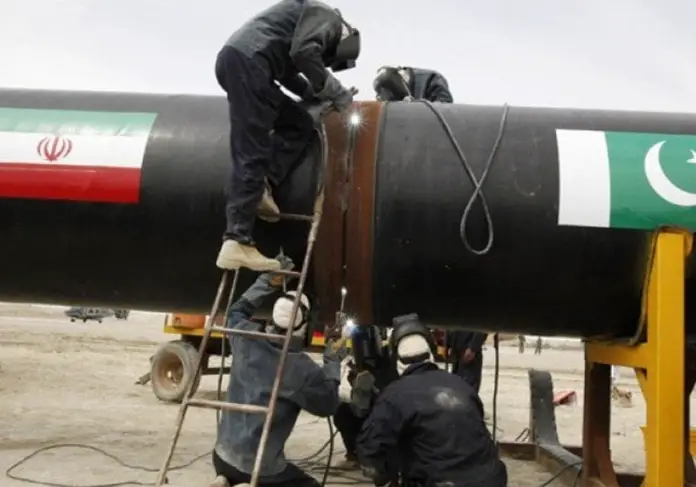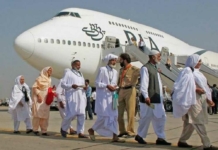The United States announced its opposition to the Pakistan-Iran gas pipeline project on Tuesday, citing concerns about the risk of sanctions associated with doing business with Tehran.
The pipeline, also known as the Peace Pipeline, has encountered delays and funding challenges over the years. It aims to transport natural gas from Iran to Pakistan, forming a key component of a long-term agreement between the two nations. Despite signing a five-year trade plan in August 2023 with a bilateral trade target of $5 billion, Pakistan’s Petroleum Minister Musadik Malik expressed the country’s need for a US sanctions waiver to proceed with the project.
The caretaker government of Pakistan decided to construct a segment of the pipeline within its territory to avoid potential legal disputes with Iran in international courts. Concerns about facing an $80 billion penalty in the event of losing a court case prompted Pakistan to proceed with its portion of the pipeline while concurrently seeking a US waiver on sanctions related to the project.
A US State Department spokesperson cautioned against doing business with Iran, emphasizing the risk of encountering US sanctions. The spokesperson reiterated the US stance opposing the pipeline project, echoing statements made by Donald Lu, the State Department’s top official for South and Central Asia, to a congressional panel the previous week.
The context of recent tensions between Pakistan and Iran, marked by tit-for-tat strikes involving drone and missile attacks on militant bases, adds complexity to the situation. Washington’s strained relationship with Iran, characterized by multiple rounds of sanctions, further complicates matters.
While officially allies in combating extremism, Pakistan and the US have experienced a tumultuous relationship, influenced by Washington’s reliance on Pakistan for supplying troops during the Afghanistan war. Accusations of Pakistan engaging in a double game and meddling in its domestic politics have strained bilateral ties, although Washington denies such claims.







